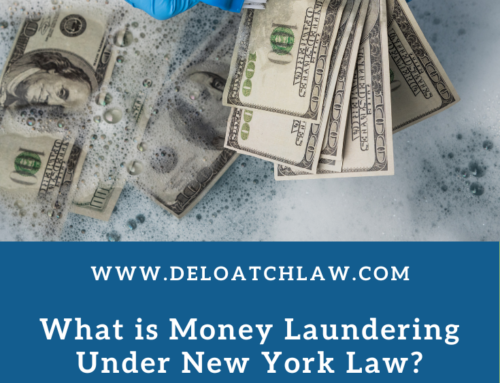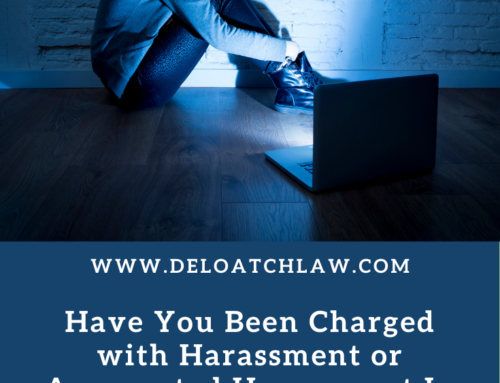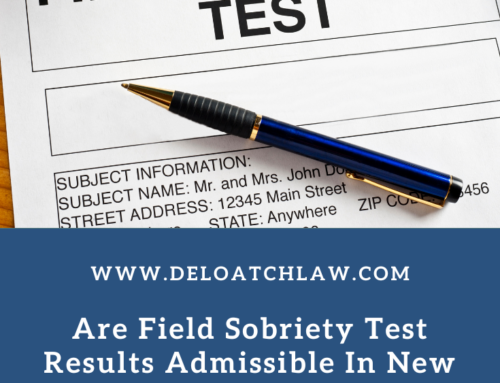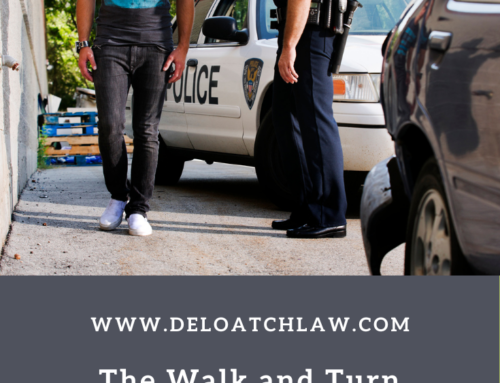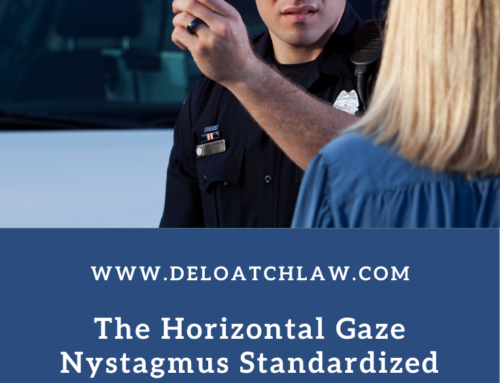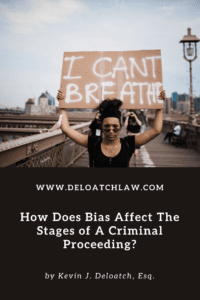 The U.S. is becoming more aware of the profound effects that bias, both conscious and unconscious, has on our daily lives. From shopping to traveling – at times, the most mundane aspects of everyday life – bias plays a role. These biases can quickly thrust someone into the realm of the criminal justice system where bias can resurface in many instances with devastating effect. However, what exactly is bias and just as importantly, what are some of the possible instances in which it can affect a criminal proceeding?
The U.S. is becoming more aware of the profound effects that bias, both conscious and unconscious, has on our daily lives. From shopping to traveling – at times, the most mundane aspects of everyday life – bias plays a role. These biases can quickly thrust someone into the realm of the criminal justice system where bias can resurface in many instances with devastating effect. However, what exactly is bias and just as importantly, what are some of the possible instances in which it can affect a criminal proceeding?
What Is Bias?
The University of California, San Francisco – Office of Diversity and Outreach indicates bias has been defined as:
a prejudice in favor of or against one thing, person, or group compared with another usually in a way that is considered to be unfair. Biases may be held by an individual, group, or institution and can have negative or positive consequences.
Similarly, it indicates unconscious biases are:
social stereotypes about certain groups of people that individuals form outside their own conscious awareness. Everyone holds unconscious beliefs about various social and identity groups, and these biases stem from one’s tendency to organize social worlds by categorizing.
Possible Points of Effect of Bias
As a criminal defense attorney, I am particularly aware of the ability of bias to affect any stage of a criminal proceeding. It can be (and often is) a factor at literally every stage of a criminal proceeding. Below is a brief synopsis of the role bias can play in the different stages of a criminal proceeding.
Witness Perception
If a person has a negative bias (conscious or unconscious) about a particular group or gender, they will interpret the actions of a person in that group in a way that is consistent with their bias. This can cause the innocent actions of a person to be interpreted as “suspicious” or criminal activity. This, in turn can cause someone who holds those biases to, for example, call 911 to report what they perceived as a crime (e.g. someone jogging perceived as “fleeing from a crime”; or someone walking through a neighborhood perceived as “casing the neighborhood”).
911 Dispatch
Once a call is received by 911, and the dispatch is sent to patrolling police officers, bias has the very real potential to creep in again. Once the police officer(s) receive a description of the suspect and location (i.e. neighborhood), negative views can cause the responding police officer(s) to view the suspect and/or the neighborhood as a more dangerous situation than it actually is, or if it had been of a person of a different race or a more affluent neighborhood. Consequently, the responding officer(s) may approach the situation in a more aggressive manner. Moreover, similar to the “witness” that called 911, the responding police officer may interpret the innocuous actions of a person that fits the description as nefarious (e.g. interpreting/mistaking a cellphone to be a gun).
This bias-induced misperception has profound effects. At the very least, it can lead to a false arrest. At its worst, it can lead to a person being wrongfully killed.
Arraignment
Although attorneys and judges are required to apply the law without prejudice, biases (conscious or unconscious) can in actuality affect the prosecutor, defense attorney and/or the judge during the arraignment process.
The prosecutor may ask for bail or a larger bail amount if they have biases toward a particular group, when they would not have done so with respect to a person of a different group under the same set of circumstances.
Moreover, the defense attorney may not take enough time to learn all the factors that affect bail or argue zealously enough for lower bail or being released on the defendant’s own recognizance.
Additionally, these same factors may ultimately affect the judge’s decision as to imposing bail.
Defense Counsel
A person hiring an attorney to defend them does not necessarily eliminate the effects of bias. A defense attorney that has bias (conscious or unconscious) can have less than optimal interactions with their client. It can affect everything from providing adequate explanations to the client, to believing aspects of the client’s statements for the purpose of obtaining leads, evidence, or alibis. It can also affect how the attorney prepares their client for court appearances (e.g. advising how to dress for court).
Jury Selection
Choosing a jury is an extremely important area for unconscious bias. The practitioner needs to be careful to not let their unconscious bias negatively effect the jurors they select.
Deliberation
Since bias (conscious and unconscious) affects how jurors perceive and interpret information as it relates to a defendant. Jurors who hold a negative view of a person of a particular group, may interpret the facts in a manner that is consistent with that negative view.
Sentencing
If a person is convicted of a crime the judge will impose a sentence. If the judge holds a bias (conscious or unconscious) against a particular group, they may impose a stricter sentence than they would have for a person of a different group under the same set of circumstances.
In short, bias has the ability to affect almost every stage of a criminal proceeding.
Hiring a Criminal Defense Attorney
Navigating the criminal justice system is difficult and has serious consequences. Hiring a criminal defense attorney is one of the single most important decisions you will make in your life. Make sure you hire an attorney that takes time to understand you as a person and your case in its entirety. Understanding the role that bias plays is just one of the myriad issues that attorneys need to stay aware of.
At the Law Office of Kevin J. Deloatch, Esq. each case is handled from the initial stage with the thoroughness as if it were going to trial. This enables me to not only understand the strengths of the defense, but more importantly, to effectively convey to the prosecutor the weaknesses of their case.
If you or someone you know has been charged with a crime in New York call the Law Office of Kevin J. Deloatch, Esq. at (646) 792-2156. The results of all criminal prosecutions are determined by the facts and circumstances of your specific case and the skill and experience of your defense attorney. Call today for a free consultation.


